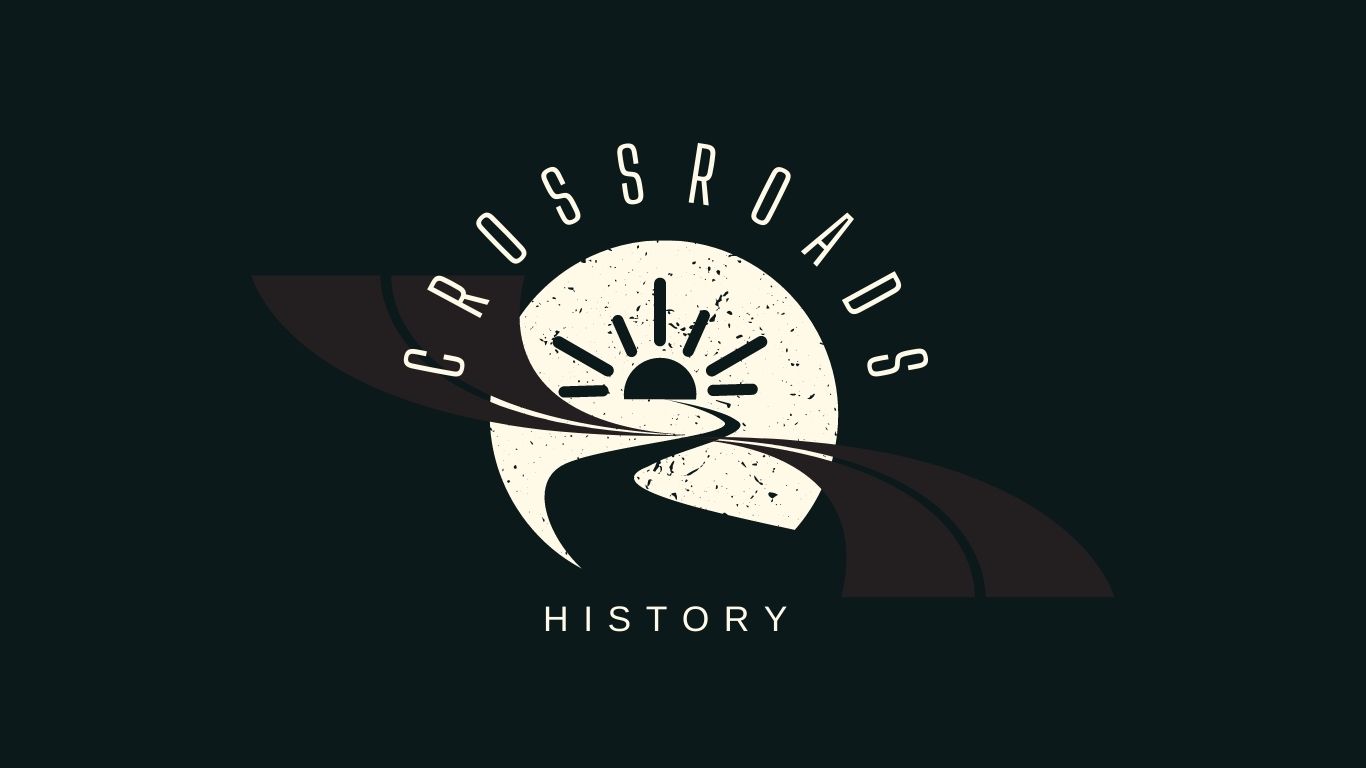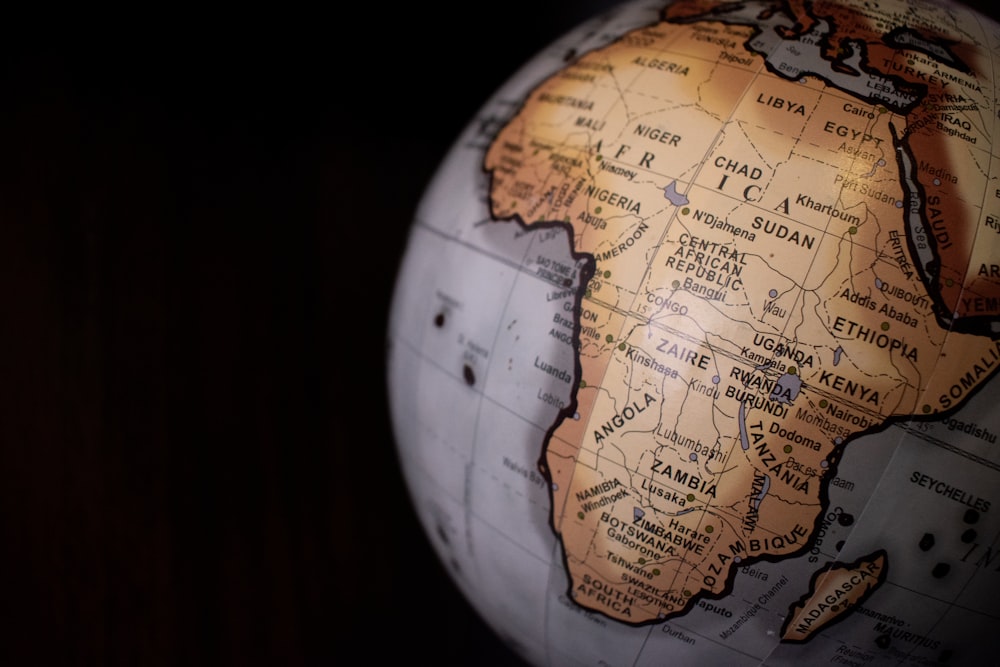The Problem of Africa
Photo Credit: James Wiseman
by Cale Gressman
One does not usually think of history as a blessing. It is usually seen through the lens of something that has happened (at least we think happened) and then we try to decide whether what we know is useful or not. We will take it and take pride in it. We may experience a sense of humbleness and awe or perhaps horror and shame. One simply cannot imagine being without it. However, that seems to be the case in many places in Africa and related post-colonial environs.
Now I shall qualify this statement further. Of course, Africa has a history. It is just that most of it is buried beneath the weight of colonialism and European exploration. Whenever the topic of a country’s history comes up, the common theme is always“yeah the area was inhabited by various tribes, but THEN the European explorers came.” Now I am not attributing malice nor stupidity. In many cases, there really is not much to tell. There were many different countries, cultures, and empires that existed on the African continent; namely the Mali Empire, Aksum, Great Zanzibar, etc… However, when a country like Liberia, CAR, and Guinea-Bissau come up it is this awkward realization that these countries’ unified history begins with colonial exploration, trade, and conquest. One has to wonder if this is their singular unifying marker.
As previously stated, some countries in Africa can link their history much further into the past (Mali, Congo, Ethiopia, all of North Africa). However, the burden of establishing a history outside of colonialism or heavy interaction with Europeans, for many nations seems to be an immense task. It is not surprising then when a nation struggles to establish its own identity, with the absence of historical depth and scope.
This is not to say it’s easy to establish what your identity is. What does it mean to be American? Canadian? German? National ideals such as honor, courage, respect for elders and kinsmen, loyalty, etc… are common to most all countries and cultures. Is there more to it than that? Of course. There is an essential Americanness that allows anybody outside the U.S to immediately point out the American in the crowd. The only essential identity that I have seen come out of Africa is being African. To quote a begrudging acquaintance’s pastor, “You’re acting so African.” This is all to say that one tends to recognize Africans by their being African or by the identity of their former colonizers i.e British, French, and Portuguese.
This whole tirade is to point to the difficulty of basing your entire history on one point. Egypt is Arab Muslim yes, but it is fundamentally Egyptian. We are closer to the building of the pyramids in time than those pyramids are to the establishment of the first Egyptian kingdom. Nothing will ever surpass that or conquer that. Americans and Canadians can make up for our lack of historical length with width, as well as basing it on the traditions of Britain. But what of the colonized? Places like China and India have more than recovered. Their traditions are far stronger than what a couple of centuries of colonization could do to them. But what of Guinea-Bissau? Liberia? South Africa?
On a broader scale, this is a problem Africa and Africans will resolve at some point; one way or another. Europe already went through several periods of consolidation and balkanization. It took till the 20th century for the majority of people in France to actually speak French as a first language. Yugoslavia split in the 90s, with grudges and hatreds that will likely not be forgotten quickly, if ever. China and Russia went to or are making great efforts to ensure they consolidate their populations at least marginally under one banner. Whether it be the efforts of the current Chinese regime to institute a social credit system with Han Chinese at the top of the ethnic heap, and groups like the beleaguered Uyghurs and Tibetans at the bottom. Or Russia whose legacy of Russification extends to even today. The point being countries without history will make that history. One without an identity will make an identity.


Comments
Post a Comment